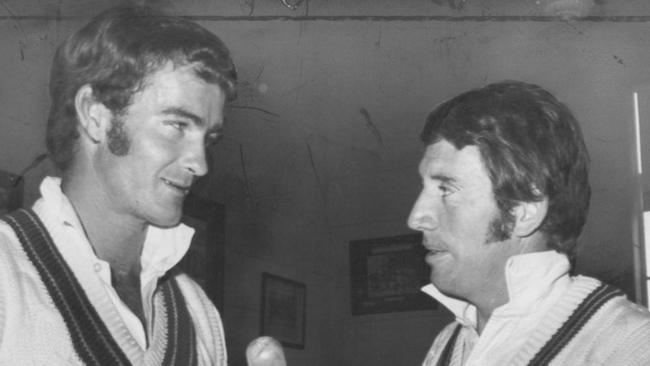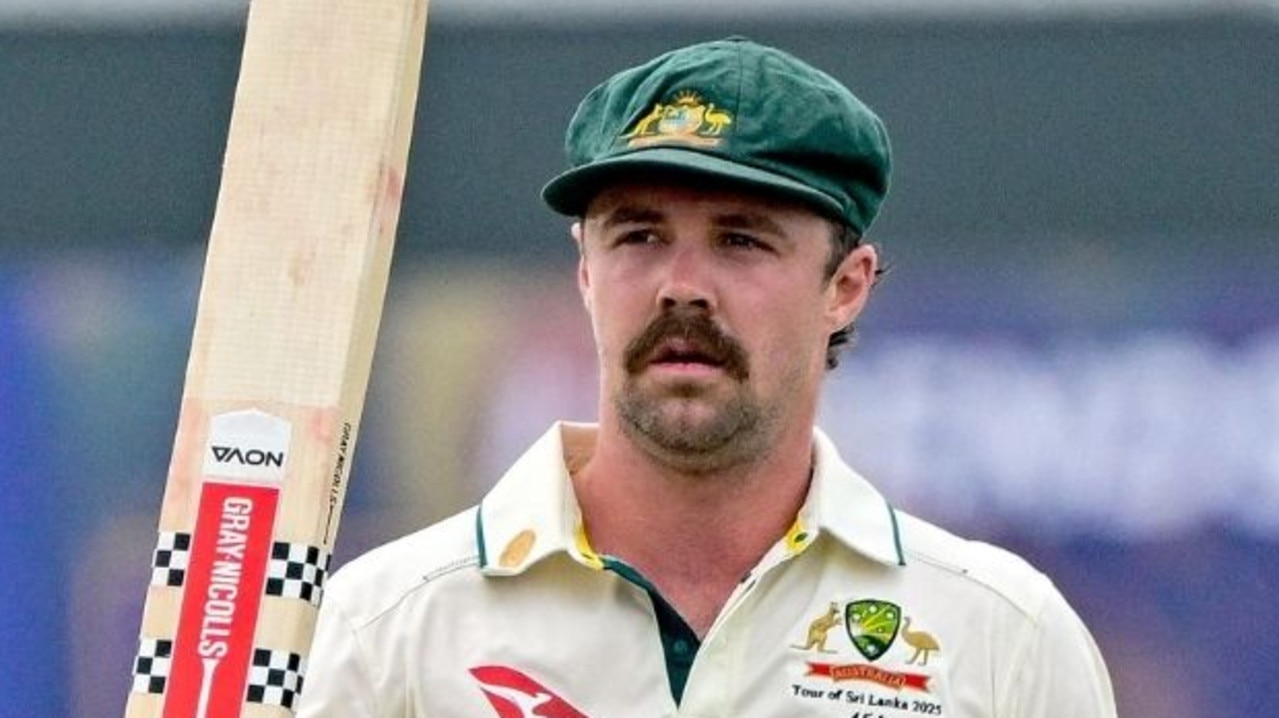Spin bowlers Peter Philpott and Ashley Mallett turned the game of cricket into a life
Ashley Mallett and Peter Philpott took their dedication to spin bowling to coaching, writing and schoolteaching.
Slow bowling in Australia had been a diverse calling even before Shane Warne broke all moulds and left a space impossible to fill. Witness Peter Philpott and Ashley Mallett, who have died in the last week with almost 1000 first-class wickets and more than 30 books between them — men who made lives of cricket rather than mere careers.
Reports at the weekend that Philpott had died after an “extended battle with illness” failed to specify its duration. In fact, Peter was four when he experienced the first symptoms of rheumatic fever, a great bane of the times, before World War II.
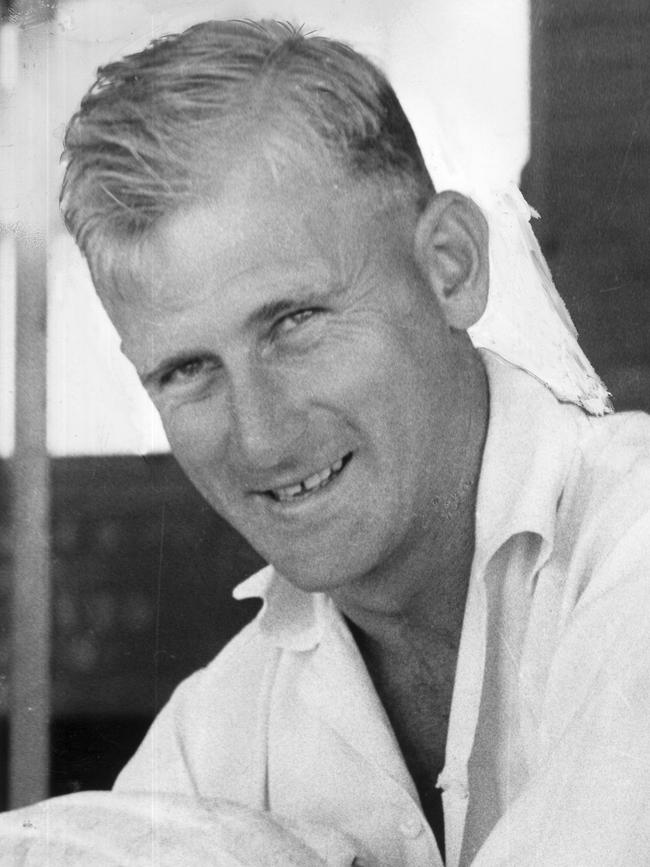
By the time he emerged, sickly and etiolated, from six months in the children’s hospital at Camperdown, in Sydney’s inner-west, the aortic valve of his heart had been rendered “incompetent”, so that his heart was working way too hard, and expanding fit to burst.
Aged 12, Peter was advised he would not live past 35. Aged 19, having been invalided out of national service, he was refused life insurance. A kindly examiner told Peter he would never “have old bones”, but that he could either “wear out or rust out”. The young man took it to heart, as it were. If he had 16 years left, he would make best use of every available minute, doing the three things he loved: playing cricket, travelling and teaching.
Peter tells this story in his book A Spinner’s Yarn (1990), although it is not where you might expect it, at the start. Rather is it right at the end, and written in the third person, beginning with the unforgettable sentence: “Young Peter began to die when he was very young.” In journalism we call this burying the lede; but it was as though he did not wish the shadow of death to impinge on his sunny tale, as he had never allowed it in life.
Having topped Sydney’s first-grade bowling averages with looping leg-breaks in his 16th year and played Sheffield Shield cricket aged 20, he picked up his cricket bag, and tramped England, Asia and South Africa. He played more than 100 Lancashire League matches, went on a Commonwealth XI tour, and after crossing the US booked himself a slow boat back to Australia in the subconscious hope he would miss the start of the 1960-61 season and have to give it away once and for all.
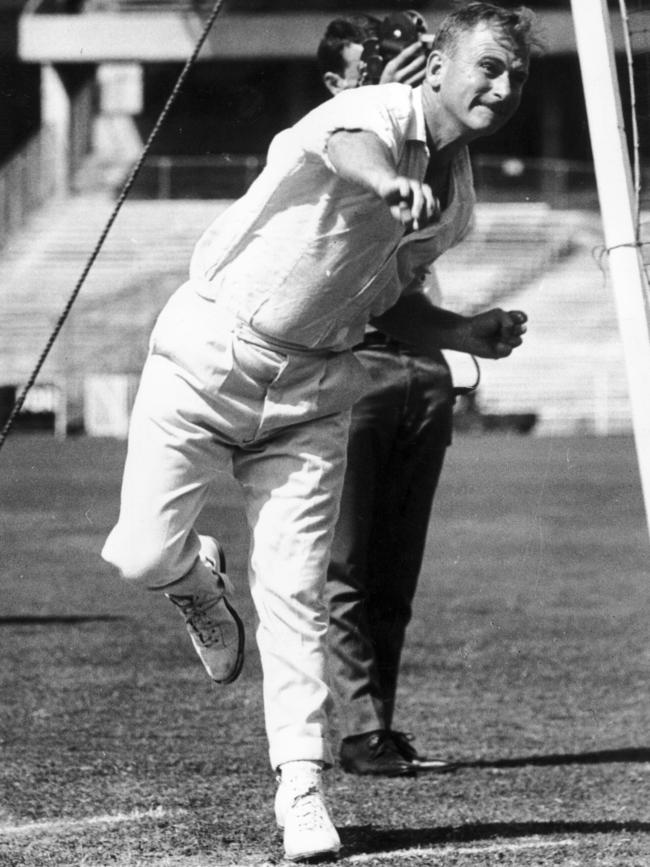
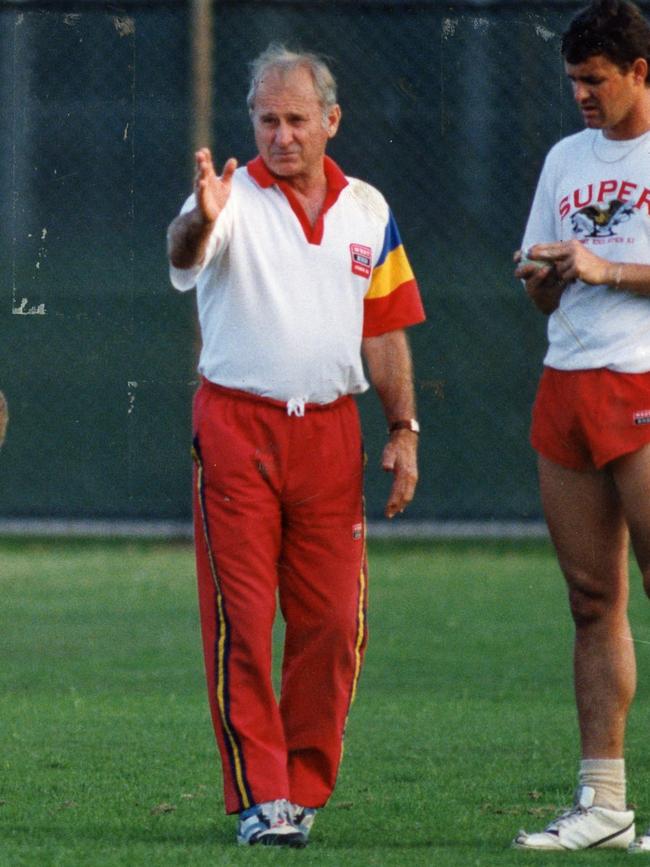
It was no good. As the Iberia was coming down Australia’s east coast, radio commentary of the Tied Test fanned his enthusiasm. By the end of the year he was playing for NSW again, making a century in his first match, urged on by Jika Travers, the legendary headmaster of Shore, where Peter went to teach: he would always regret it, said Travers, if he didn’t aim for the top.
Peter was 30 by the time he got there. He was sick, sicker than he knew; a day in the field left him prostrate with exhaustion. He was married; his wife was pregnant with their firstborn. But with Richie Benaud’s retirement, Australia was in need to a leg-spinner for a tour of the Caribbean, and Peter enjoyed a late efflorescence, taking 49 wickets on the trip.
He got Garry Sobers in his debut Test; he took an Ashes five-for; he ended up playing cricket with everyone from Bill Brown to Richard Hadlee, Denis Compton to Dennis Lillee, Keith Miller to Bob Hawke. Surgery had developed sufficiently by the time he was 45, a decade past his deadline, that his heart could be repaired, and a long coaching career beckoned, in print and person, of women as well as men, in England, South Africa, Sri Lanka, New Zealand, as well as Australia.
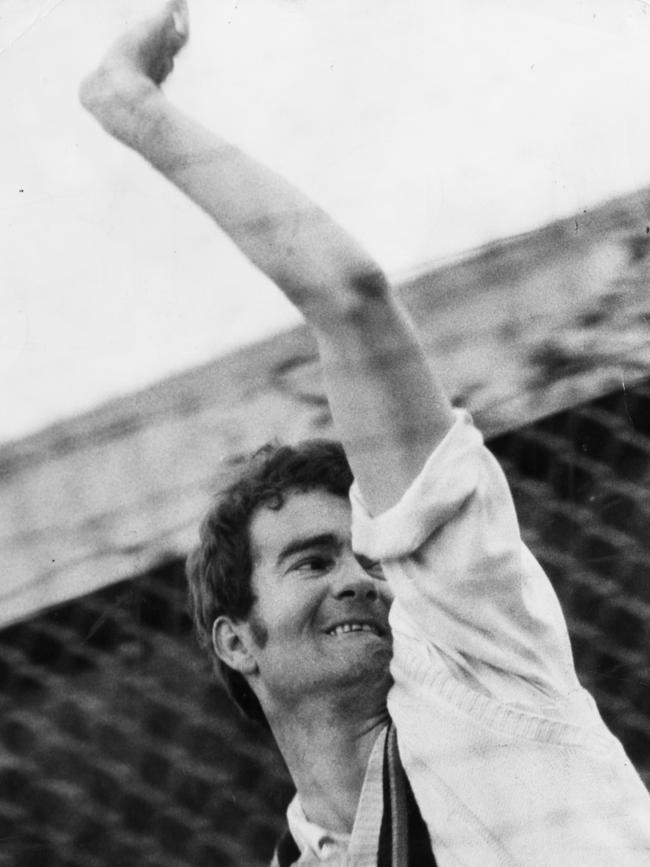
For some of the time, this was alongside Ashley in the long-running Spin Australia program. Ashley knew that slow bowlers needed encouragement, too, for he had also been nomadic, proceeding from Sydney, to Perth, to Adelaide, in search of recognition.
Like his confrere, Ashley bowled with a generous loop, and caught brilliantly close to the wicket. In the butch, hirsute Chappell era, however, he was an incongruously gentle pipe-smoking presence, with his seemingly dainty off-breaks.
There was method to this. Before our cricket grounds became football colosseums, they had unique microclimates. Spinners bowled slowly to harness breezes; mishits did not travel for six; short catches did not ping off bat and pad, and fielders perched close.
Watch footage of the day Australia regained the Ashes in 1975 and it looks a different game. Tony Greig swans down the pitch that day to hit Ashley to kingdom come, only to be marooned by the sharp break. Ashley’s 100th Test wicket regained the trophy for Ian Chappell’s team.
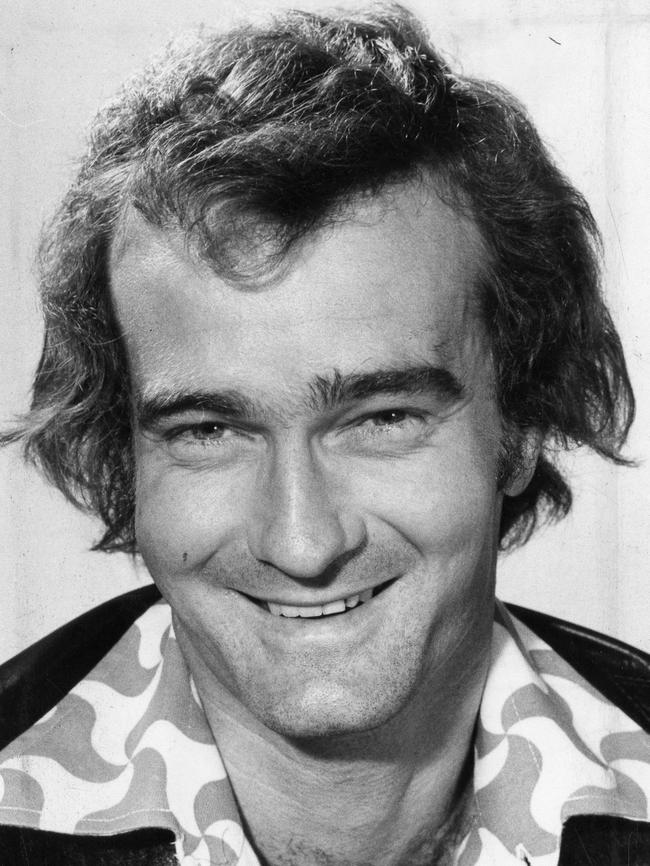
There are legion tales of his clumsiness and anxiety, some of which Ashley told himself in a dry, deadpan manner.
He once had an entire Test team on hands and knees searching a dressing room floor for a dropped contact lens. The story of him igniting his hand luggage with a lit cigarette en route to England in 1972, extinguishing the fire with his scotch but in the process losing the diary with which he was forestalling his nervousness around flying is credible simply because it could not possibly be made up.
Representative of the semi-professional cricket economy, Ashley was as dedicated to his writing as Philpott to his schoolteaching, and became a kind of court historian to his era, penning books about Ian Chappell, Doug Walters and Jeff Thomson. He never ceased to champion slow bowling, including in The Magic of Spin (2019).
I wrote a few weeks ago of his last book, a biography of Neil Harvey. The Last Invincible was completed against the clock as cancer advanced. On my desk as I write this is the delightful homemade Christmas card with which my copy arrived. Not even Warnie has turned his hand to those.
